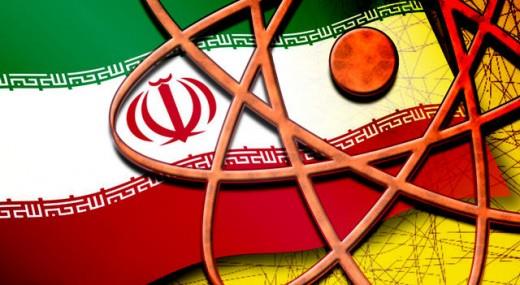What’s the Problem with Iran?

According to Porter, there has never been a nuclear weapons program undertaken by Iran. By the way, this is a conclusion that is supported by the heads of all American intelligence agencies reporting annually to Congress. Unfortunately, this repeated determination has been scorned by the politicians and poorly reported by the media. As a result the American people lack the knowledge to independently judge Iranian actions as regards nuclear research, and so can be led to erroneous conclusions by those pursuing their own political or ideological ends or, as in the present case, the intrigues of a foreign government.
Needing an Enemy
Following the end of the Cold War, the U.S. foreign relations, military and “defense” bureaucracies quickly focused on the issue of terrorism. And well they might, for their own policies of backing all manner of right-wing dictatorships had identified the U.S. as an enemy of almost every resistance movement on the planet.
These wrongheaded policies provoked violent responses, including the attacks of September 11, 2001. From that point on, the threat of terrorist attacks, particularly involving “weapons of mass destruction,” or WMDs, became the main selling point of every bureaucrat, politician and soldier looking for a bigger “defense” budget. President George W. Bush was the main promoter of this line of thinking and the invasion of Iraq the major corresponding catastrophe.
Memories of that disaster, so expensive in lives and treasure, along with the lingering war in Afghanistan, have caused a war-weariness among the American people that may be their ultimate saving grace.
Enter the Zionists
With Iraq in shambles and no longer a “threat,” the attention of American policy makers turned to Iran. Forgetting all about the horrible blunder our neoconservative President Bush and his advisors had made over Iraqi WMDs, an even larger coalition of political forces started a slow buildup of popular anxiety over Iranian nuclear research. But where was the evidence? For this, one can always rely on the Israelis.
Porter describes how successive Israeli governments exaggerated the "threat" of Iran in order to, among other things, rationalize their own expansionist ambitions and bind the United States government ever closer to Israeli interests. In 2004 a laptop, allegedly taken from an Iranian scientist, was given by the Israelis to U.S. intelligence agents. Since 2008 much of the so-called evidence for an Iranian nuclear weapons program has come from material on this computer. Porter makes a convincing argument that these data, as well as additional material, are Israeli forgeries.
Despite the fact that Iran has satisfied both the American intelligence services and the International Atomic Energy Agency that it is not pursuing nuclear weapons development, U.S. politicians and media refuse to let the matter go. Hence the recent spectacle of the U.S. Senate presenting an almost veto-proof bill demanding yet more sanctions on Iran, despite the likelihood that such an act would ruin diplomatic negotiations and make hostilities all the more likely. One has to ask in whose interest is such an obsessive anti-Iranian stance? Not the interest of the United States. Indeed, the Senate gambit started to unravel when President Obama implied that the demand for more sanctions on Iran threatened U.S. national interests.
Source: Muslim Village
By Lawrence Davidson



